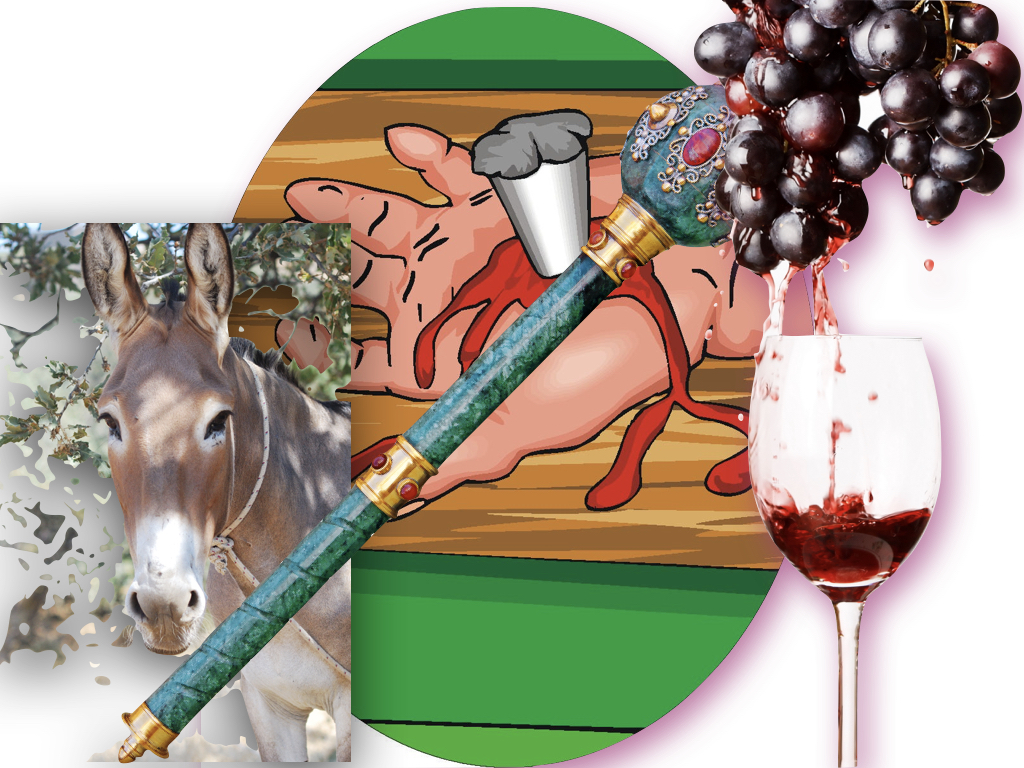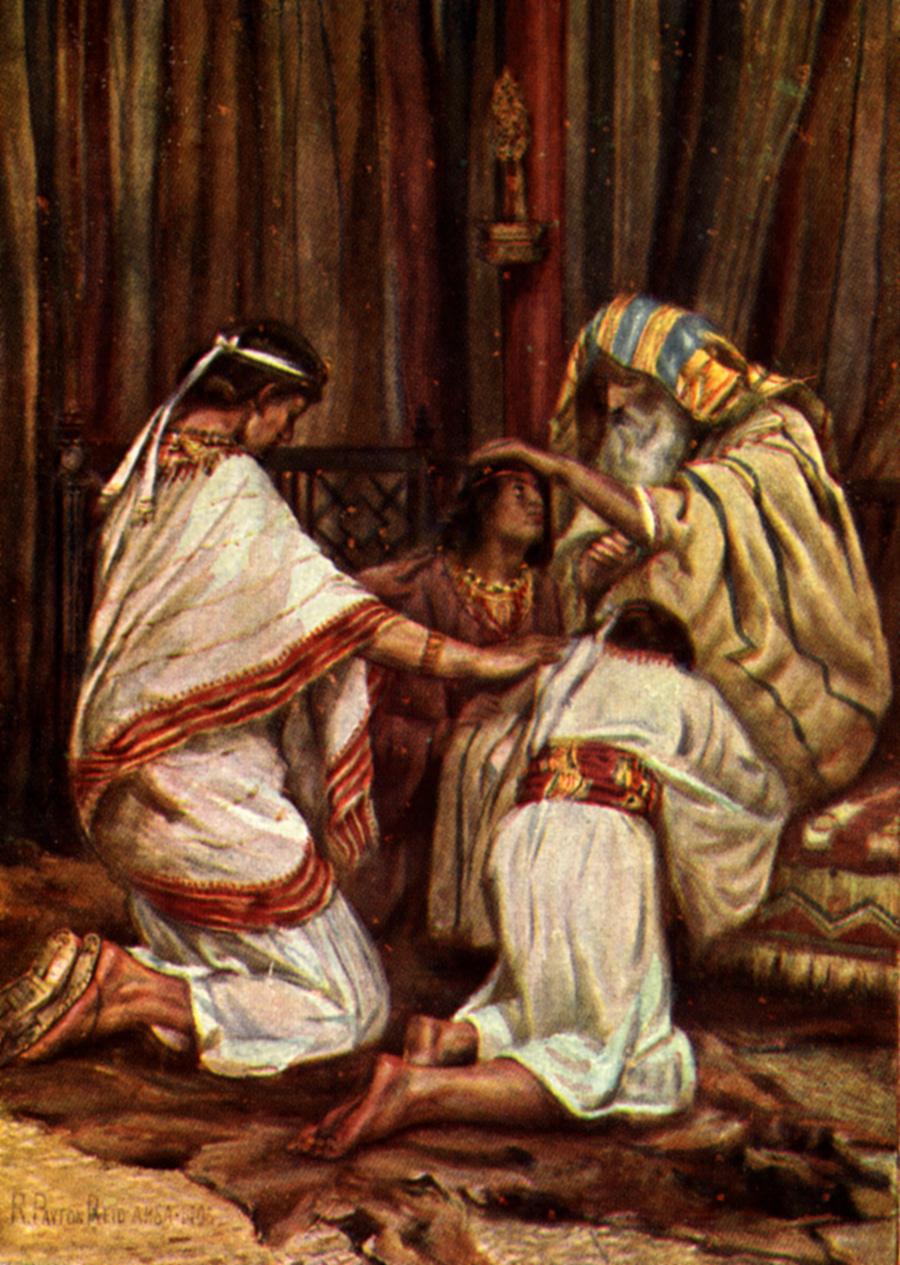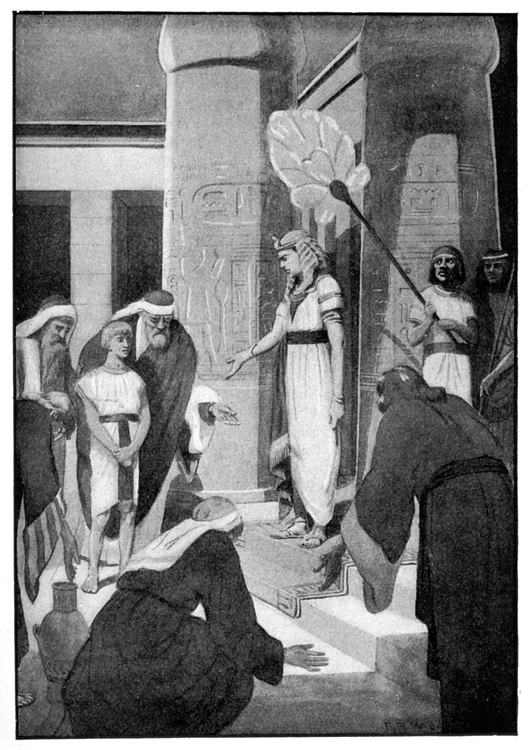Genesis 1:28, Dominion over the fish…birds…[the land animals]. Elohim gave man dominion over the animals. Elohim, however, never, however, gave man the authority to take dominion over other people, which is what Cain, Nimrod and their descendants did when they started cities, states and kingdoms.
YHVH’s government is patriarchal and tribal in nature and is built on the foundation of the family, which is something the devil and his servants have been attacking from time immemorial.
Yeshua echoes this same divine prohibition of man ruling other men in Matt 20:25–26 where he tells his disciples that the Gentiles rule each other through oppression, but that was not how the kingdom of Elohim was to operate. Government was to be based on servant-leadership.
Elohim created man to work the land and to live free, and he designed humans to be more or less self-sufficient and to help each other in loving service to one another when and where needed. The Scriptures decry and even pronounce woe upon those who form urban communities as they “join house to house,” so that people no longer “dwell alone in the midst of the land” on ten acre farms (Isa 5:8–10).
Men’s cities and the hierarchial Babylonian system of government they require to operate is opposed to Elohim’s system of family farms and patriarchal servant-leadership. This is because the urbanization of men results in the collectivization of humans by other humans ostensibly for the purpose of making life easier, but in reality, it enslave them to oppressive human-led governmental systems where humans are forced to look to human leaders for their sustenance and for handouts instead of relying on the Creator. This bondage is forcibly financed through legalized extortion called taxation, and enforced through draconian government regulations that control nearly every aspect of a person’s life.
This transferral from a rural to an urban-based society model not only reduces man’s freedom and self-sufficiency as he becomes increasingly dependent on government for his sustenance, but it also tends to facilitate spiritual apostasy, the breakdown of the family and the stratification or splitting apart of society. In other words, the rich get richer and the poor get poorer, class distinctions occur, which further divide and separate people causing racism and prejudice as men slide downward morally and spiritually away from Elohim. The family on the micro and macro levels fall apart and disintegrate.
Moreover, such a system promotes institutionalized religious systems and personally enriches those who are at the pinnacle of those systems. Out of this false, non-biblical system, religious construction projects such as temples, cathedrals and educational institutions abound allegedly to enhance the worship of Elohim, but in reality, they’re usually monuments, not unlike the ziggurat Tower of Babel, of men’s achievements as men are attempting to reach Elohim through their own humanistic efforts and turn themselves into their own self-promoting and self-adulating demigods. Elohim doesn’t require the construction of such projects for men to have a personal, spiritual relationship with him, as Paul states in his epistle to the Romans, which is a rephrasing of a passage from Deut 30, “But the righteousness of faith speaks in this way, ‘Do not say in your heart, “Who will ascend into heaven?’’’ (that is, to bring Messiah down from above) or,”, “Who will descend into the abyss?”’ (that is, to bring Messiah up from the dead). But what does it say? ‘The word is near you, in your mouth and in your heart’ (that is, the word of faith which we preach)” (Rom 30:6–8). The construction of denominations and buildings are primarily for the benefit of the ruling elite who have found a way to insert themselves as middlemen between man and his Creator largely for the purposes of money and power.
All of these things are a result of the man’s move from a rural to an urban living environment and taking dominion over one another instead of stewarding the earth and its animals and serving one another in love as Elohim originally instructed him to do.






